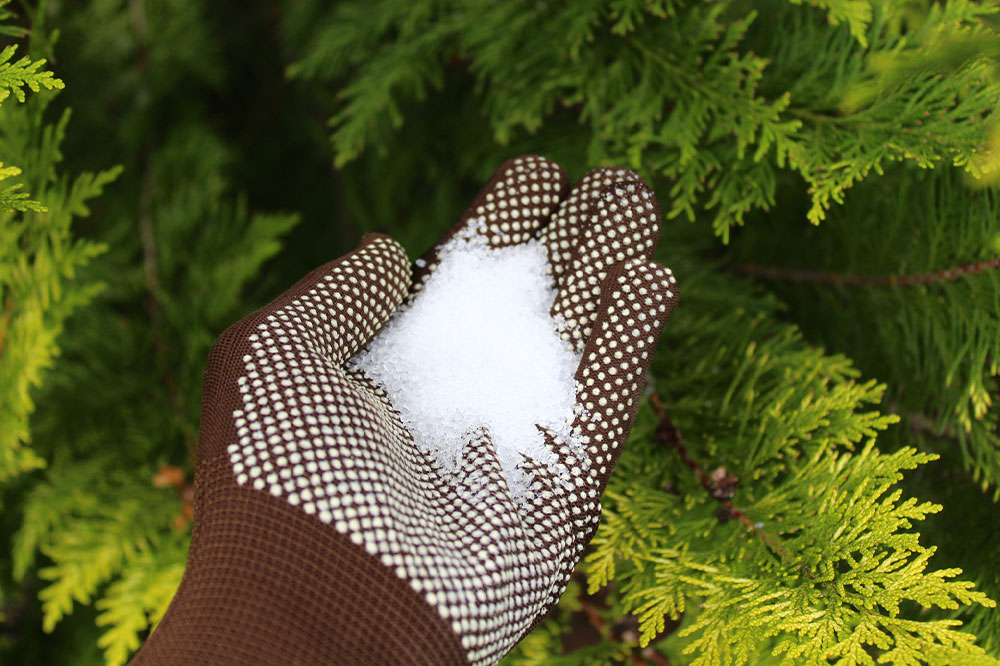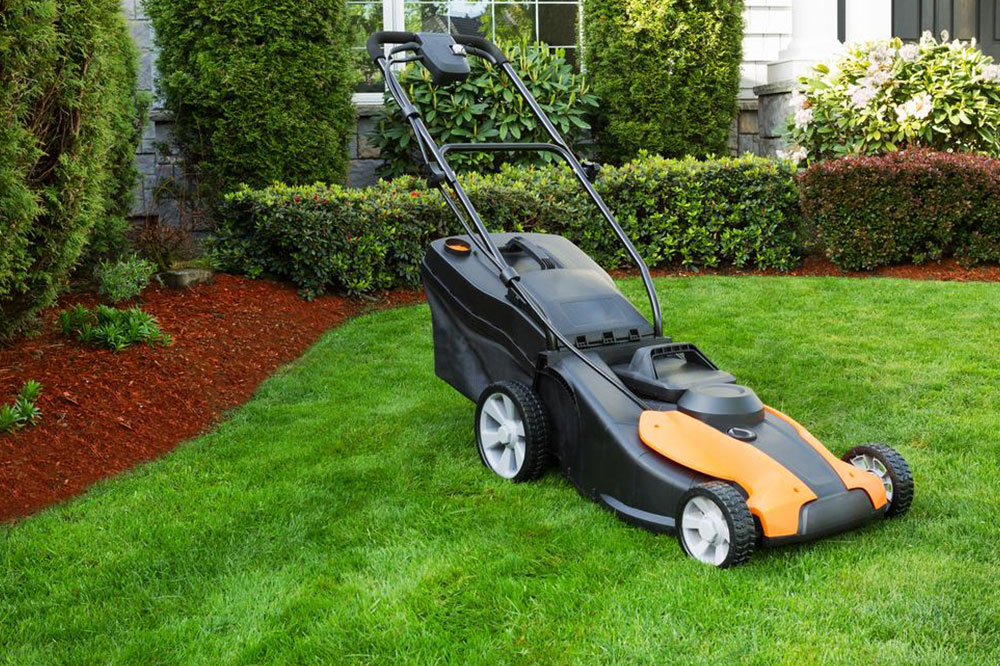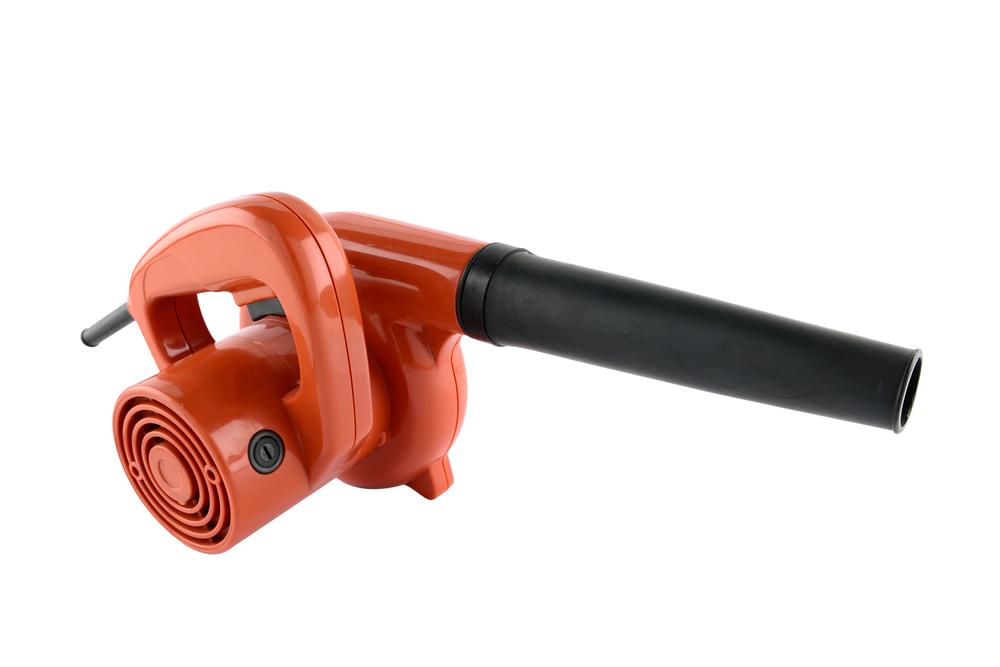Enhance Your Garden with Epsom Salt as a Natural Fertilizer
Discover how Epsom salt, a natural magnesium sulfate, can boost garden growth, enhance flowering, and protect plants from pests. Learn effective application techniques for indoor and outdoor plants, including soil treatments and foliar sprays. Its benefits make it a versatile, eco-friendly fertilizer suitable for pots, shrubs, and lawns. Proper use ensures healthier, more productive plants and improved yields, especially beneficial for limited garden space or balcony gardening. Incorporate Epsom salt into your gardening routine to cultivate thriving, vibrant plants organically.

Advantages of Incorporating Epsom Salt into Your Gardening Routine
Organic gardening emphasizes chemical-free cultivation, and Epsom salt, or magnesium sulfate, is gaining popularity among eco-conscious growers. This natural mineral enhances flowering, serves as a fertilizer, boosts chlorophyll production, and enriches leaf coloration. Additionally, it provides a protective effect against pests like slugs and voles. Its versatile application methods make it suitable for both indoor and outdoor plants, promoting healthier, more vibrant growth.
Effective Ways to Use Epsom Salt in Your Garden
The amount of Epsom salt applied depends on the plant type and method of use.
Use a solution of two teaspoons of Epsom salt per gallon of water monthly to nourish indoor and outdoor plants. Sprinkle half a cup at the base of plants like roses to stimulate blooming.
Apply Epsom salt to shrubs once every month, and treat trees three times per year to support healthy growth.
For foliar feeding, mix Epsom salt with water and spray on leaves during early spring and after flowering for optimal results.
Adding Epsom salts directly to soil or as a soil drench before planting helps supply necessary magnesium, improving plant development.
For potted plants, dissolve two teaspoons of Epsom salt in a gallon of water and water once a month. Regular use helps prevent salt buildup and provides nutrients during early growth stages.
Why Use Epsom Salt in Your Garden?
When correctly incorporated, Epsom salt supplies magnesium, crucial for chlorophyll synthesis and overall plant health. This mineral enhances cell wall strength, encourages seed germination, and supports plant growth. It also helps prevent root shock during transplantation, improving nutrient absorption. As a result, plants produce sweeter fruits and vegetables, and pest deterring properties make it a valuable addition to organic gardening.
Special Benefits for Potted and Container Plants
Applying Epsom salt to indoor and balcony plants ensures they receive adequate nutrients, especially if soil is heavy in salts. Use a solution of two teaspoons per gallon monthly to improve plant vigor and fruit yield. It’s an excellent remedy for long-term potted plants and helps maintain soil balance.
Pro Tips for Garden Epsom Salt Applications
Apply one cup of Epsom salt per 100 sq ft of garden space before planting.
Mix one tablespoon per gallon of water post-sowing to enhance germination.
Sprinkle three pounds per 1,250 sq ft of lawn and water thoroughly.
At the base of flowering bushes, use half a cup to support vibrant blooms and lush foliage.
Spread a teaspoon around transplanting holes for tomatoes and peppers to promote healthy roots.
Regular foliar sprays of Epsom salt solution can improve flower and fruit production.
Using Epsom salt as a pest deterrent can help keep slugs and snails away from plants’ base.
Note:
The information provided aims to guide gardeners in using Epsom salt effectively. While it offers helpful tips and benefits, it should not replace professional advice or be considered conclusive. Always test a small area first and use as part of a balanced garden routine. Our team disclaims responsibility for variations or inaccuracies, and recommends consulting experts for specific plant care needs.










